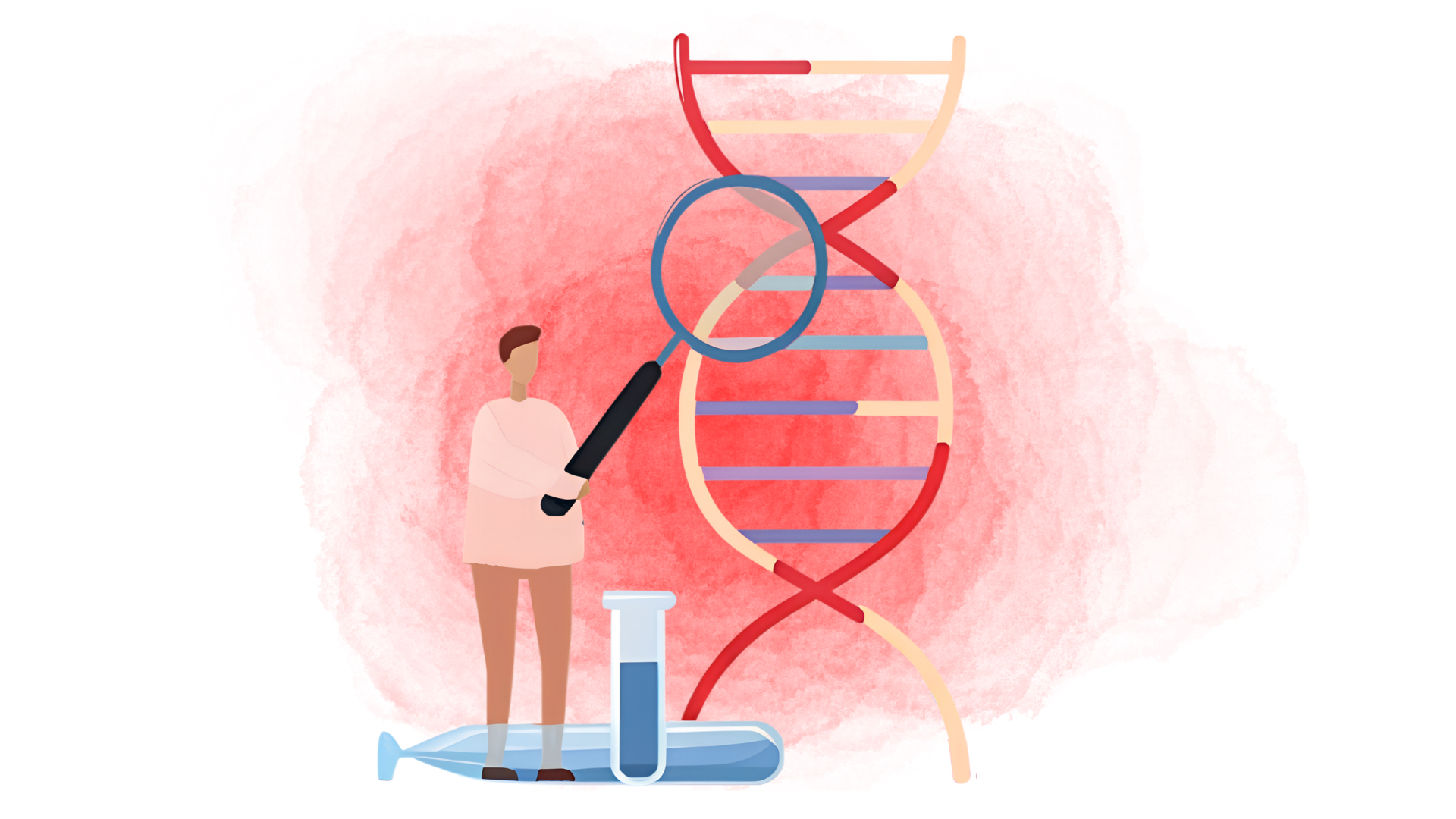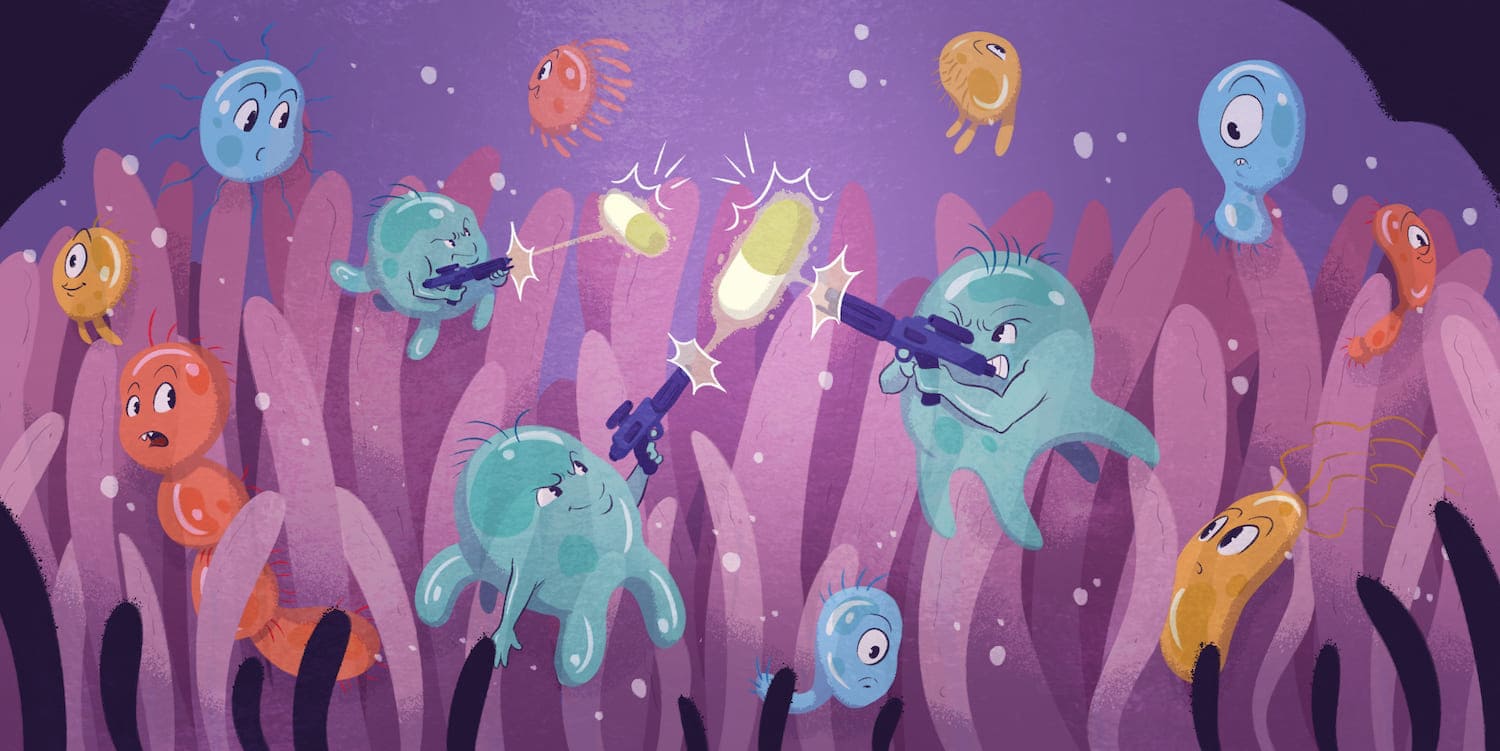Posts by tag
resistance
Large-scale whole genome sequencing identifies six new cancer susceptibility/ resistance genes
Six previously unreported genes have been revealed to harbour rare germline mutations that associate with cancer risk. The study, published in Nature Genetics, 29 October, identified 34 genes associated with cancer risk, including four novel genes associated with increased cancer…
Secondhand smoke reduces cisplatin impact on head & neck tumour cells
Secondhand smoke significantly reduced the ability of chemotherapy to kill head and neck cancer cells and increased the cells’ ability to reproduce. The study, published in the International Journal of Molecular Sciences, found that secondhand smoke altered the proteins that…
New drug breaks through fibrotic tissue in pancreatic cancer
A drug targeting scar-like ‘fibrotic’ tissue within tumours shows promise for treating pancreatic ductal adenocarcinoma (PDAC). In the study, reported online in Nature Cancer, 28 August, Australian investigators showed in mouse and human models of PDAC that, when the drug…
Cracking RAS: It took over 30 years to hit this ubiquitous oncogene – was it worth the wait?
RAS oncogenes and their proteins have central roles in almost all cancers, including leukaemias, multiple myelomas, skin cancers and many solid tumours, making the RAS protein family an ideal cancer target. But efforts to develop clinically efficacious drugs to target…
Immunotherapy: three studies point to potential strategies to improve response
Over the past 10 years, immune checkpoint inhibitors (ICIs) have transformed the therapeutic landscape of cancer, becoming standard treatments for metastatic melanoma, renal cell carcinoma, head and neck cancer, and non-small cell lung cancers (NSCLC). “ICIs have revolutionised care in…
Tackling drug resistance: how our commensal bacteria can hinder or help
Response to therapeutics can differ widely from patient to patient, with some gaining highly significant survival benefits from a therapy that in others elicits no response at all. Patients who respond initially often develop resistance or relapse over time. Not…
Tackling resistance to anti-EGFR therapies, from challenges to re-challenge
Since their first approval and use, more than 15 years ago, inhibitors of the Epidermal Growth Factor Receptor (EGFRi) have revolutionized the clinical practice and the prognosis for cancer patients, especially those diagnosed with colorectal (CRC) and lung cancer. These…







